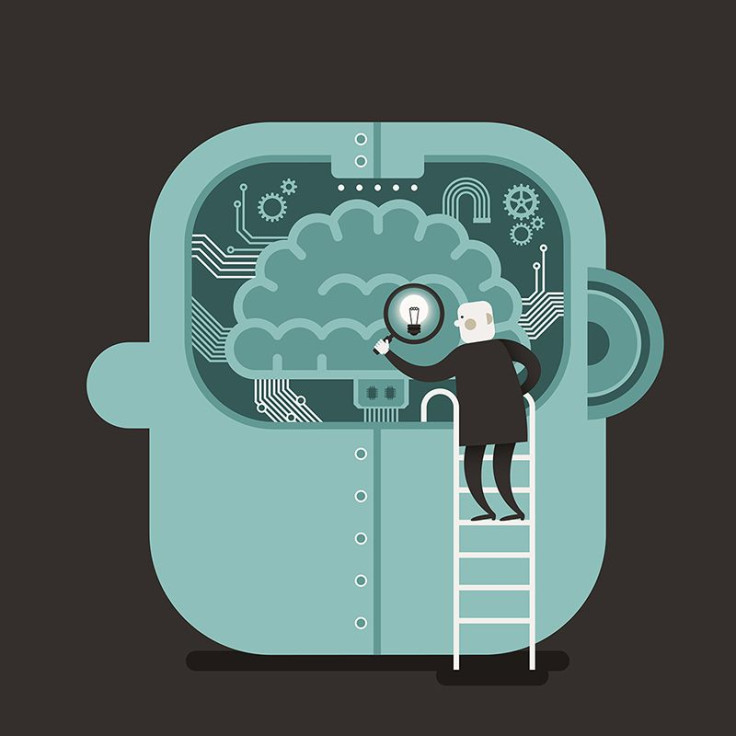School Increases Brain Training Over Time, Effectively Leading To Intellectual Darwinism

School is where a child’s intelligence can be nurtured and grown into its full potential. Over the years, we’ve been getting smarter, and with school lessons moving away from memorization and focusing more on problem-solving and abstract thinking skills, a new generation of higher intellectuals is born. Researchers from Penn State took a closer look into understanding the link between testing, intelligence, and the types of environments kids may thrive in. Their findings, published in the journal Intelligence, add to a growing body of evidence on how America’s school systems are improving fluid intelligence.
"Certain kinds of activities — like solving problems or reading — stimulate the parts of the brain that we know are responsible for fluid intelligence," the study’s lead author David Baker, a sociology and education professor at Penn State, said in a press release. "And these types of activities are done over and over in today's schools, so that you would expect these students to have higher development than populations of people who had no access to schooling."
Reading, writing, and arithmetic only grazed the surface of student learning. Throughout the 20th century, you’ll notice a consistent alignment with the amount and length of student school attendance to their IQ scores. More schooling and problem-solving practice may be the best explanation for the dramatic rise over the last 100 years, known as the “Flynn Effect.” The academic observation was first made by New Zealand psychologist and philosopher James Flynn, who was able to link America’s IQ test scores to a progressive score improvement. He found every 25 years the test manuals changed, and students who took older tests did better than they did on the new tests.
"There've been a lot of hypotheses put forward for the cause of the Flynn Effect, such as genetics and nutrition, but they generally fall flat," Baker said. "It really begged the question of whether an environmental factor, or factors, could cause these gains in IQ scores. As people went to school, what they did there likely had a profound influence on brain development and thinking skills, beyond just learning the three R's. This is what our neurological and cognitive research shows."
Your Brain On School
It isn’t that we’ve necessarily become a smarter generation; instead, we’ve become a country of better test-takers, according to another study recently published in the journal Intelligence. We’ve been teaching our kids to exercise test-specific muscles to force them to find solutions and strategies to problems, which has in turn created fluid intelligence. When researchers used fMRI scans to measure brain activity in students, they found today’s schooling strategies activated areas of the brain known to control fluid intelligence. How American student brains are exercised in the classroom is reflected on brain scans just like a muscle of the body. This is a far leap from just 100 years ago.
After the 1960s, there was a 90 percent public school enrollment rate in the United States and scores rose to unprecedented levels. While the school system seems to be teaching students to be better test-takers, it's also providing a healthy environment for students to learn and improve within. Today, many believe the modern school system is a result of a watered and dumbed down education, but according to Baker, they’re wrong: "This misperception has tended to lead cognitive scientists away from considering the impact of schooling and its spread over time as a main social environment in neurological development."
Each student brings to the table (or the classroom desk), a unique set of genetic abilities. Some have natural intellectual ability that can prosper in a group classroom environment, while others do well with individual learning. Schools offer different types of mental workouts to improve and shape brain development, and although genetics alone cannot be responsible for the Flynn Effect, because natural selection happens at a much slower rate than one century demonstrates, the combination of nature and nurture is the recipe for the Flynn Effect. Scientists even believe the brain will continue to transform right on the MRI screen as years go by.
"The best neuroscience is now arguing that brains of mammals, including, of course, humans, develop in this heavy genetic-environmental dependent way, so it's not an either-or situation," Baker said. "There's a high genetic component, just like there is for athletic ability, but the environment can enhance people's abilities up to unknown genetic limits."



























